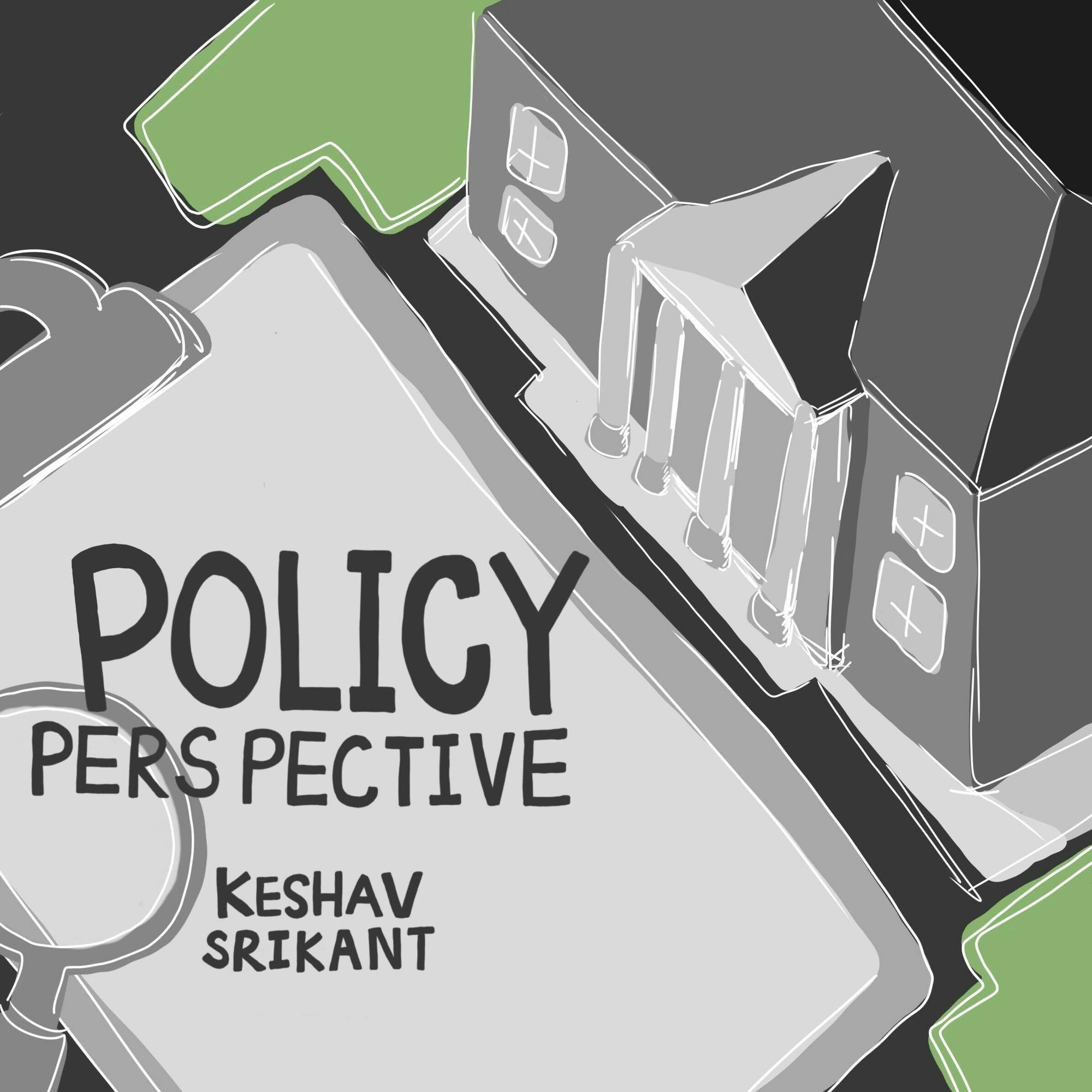The idea of charter schools is simple. They are publicly funded by taxpayers but operated by independent groups. In the face of traditional public schools that seemed to be failing, charter schools were an alternative. Unlike traditional public schools, charter schools face less governmental regulation, but they must meet accountability standards. They are also not beholden to teacher unions and can experiment with different learning styles.
Some charter schools are for-profit, while others are not. Like traditional public schools, however, they were meant to serve a similar group of students: Charter schools are free and open to any student. In cases where there are more applicants to charter schools than open spots, charter schools hold lotteries to determine who is accepted.
President Barack Obama was supportive of charter schools, funding them through his Race to the Top grant program. His administration officials supported measures to expand charters in Massachusetts, while in 2016 he argued, “charter schools play an important role in our country’s education system” and praised charters for being “at the forefront of innovation.” However, since then, progressives have largely been opposed to charter schools. In 2015, Hillary Clinton, taking a more left-wing position, criticized charter schools for not taking in “the hardest-to-teach students.” In 2019, Bernie Sanders went further, advocating for a ban on existing for-profit charter schools and an absolute suspension of public funding for all new charter schools. The reasons for this are complex, but they largely center around unaccountable leadership, the lack of teacher unionization and feelings that charter schools are a form of privatization in education.
However, the evidence indicates that, more often than not, charter schools work. In New York City, a 2017 analysis found that students learned more in charter schools than in traditional public schools. During the 2022–23 school year, charter school students significantly outperformed students from traditional public schools on the same math and reading exams. Notably, unlike private schools, New York charter schools use the lottery system to select students and don’t select students already likely to succeed academically; nor are charter school students wealthier or have more resources — 80% of students enrolled in NYC charter schools are low-income. Meanwhile, a 2023 study that looked at charter schools nationwide also found that learning gains in charter schools significantly outpace those in traditional public schools, and these gains are growing over time. Furthermore, a paper from the National Bureau of Economic Research found that the quality of charter schools is improving over time, meaning these gains are likely to be even more pronounced in the future. This isn’t to conclude that all charter schools are good, and there are charter schools that do worse than traditional public schools, but overall, the data indicates charter schools work.
This means we should invest in charter schools, rather than crack down on them, so that more students can attend them. We also should study the success of charter schools in places such as New York City and ensure they are being replicated nationally. It’s important to note this does not mean that charter schools, especially for-profit ones, should not be held accountable to governmental oversight. The success of charter schools is also not necessarily a case for school voucher programs (research has found such programs actually hurt students). However, it is time to stop viewing charter schools as part of the problem and rather as part of the solution when it comes to education reform.






